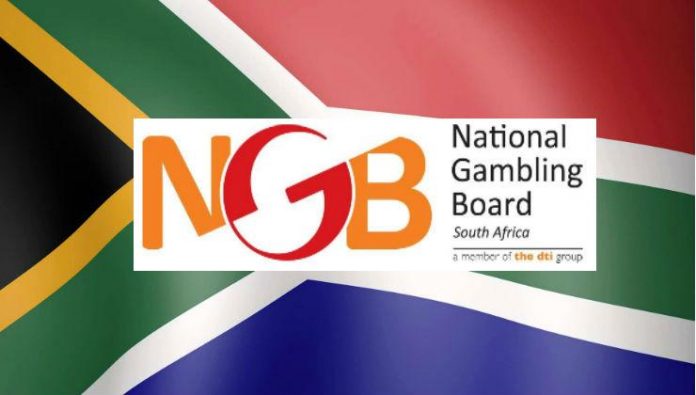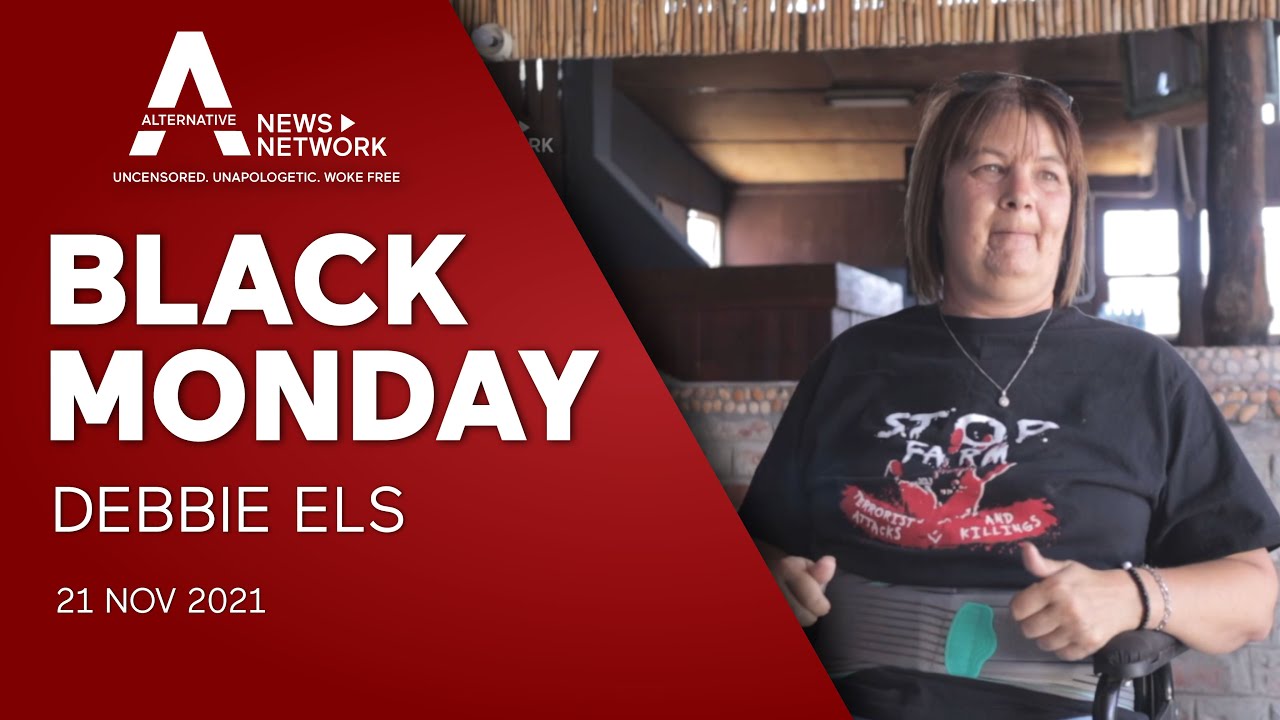
The National Gambling Board has been struggling to stay on top of the dynamic online casino gaming phenomenon, and the arrival of cryptocurrencies has made its battle to prohibit online gambling even harder.
Earlier this summer, a member of the accounting authority of South Africa’s National Gambling Board said online operators who operate outside of the borders of the nation are using cryptocurrencies to get around financial services regulation.
The revelations emerged as a result of an interview with Caroline Kongwa ahead of the 2019 Nation Gambling Board conference in Pretoria in July. Ongoing problems with illegal online casinos have seen the National Gambling Board joining forces with the South African police to coordinate raids to stop their operations.
There was over R1 million seized in raids in 2017, and it is thought that this figure just scratches the surface of a nationwide problem. The National Gambling Board said that the revenues earned by regulated casinos and bookmakers were being decreased as a result of the rise of online and illegal gambling sites.
Kongwa said that although online bookmakers licensed in South Africa can legally allow customers to bet on sporting events like rugby and horse racing, online casinos are not permitted to operate in the country.
As a result sports fans can legally check oddspedia for more information about betting on big South African sporting events like the Currie Cup, but they are prohibited from visiting online casino sites who offer digital versions of casino games like blackjack, roulette and slots.
Unfortunately, there have been a growing number of online casinos emerging who have aimed to ignore the regulations. In order to combat this, the Department of Trade and Industry formulated a National Gambling Amendment Bill to Parliament in 2018. This piece of legislation aims to ensure that no new forms of gambling are permitted and that there is a framework in place to deal with new technologies that aim to sidestep the laws.
This means that internet service providers and banks are explicitly prohibited from facilitating illegal gambling and will not be allowed to transfer the payment of winnings to anybody in South Africa. The National Gambling Board has been given the task of notifying any offending institution with a warning and if the notification is not implemented, then the ISP or bank will be held criminally liable.
However, enforcing such legislation has proven to be increasingly difficult in the past few years. This is because many of the offending online operators exist outside of South Africa’s borders and the reliance on technology makes it hard for the National Gambling Board to gather the evidence necessary to carry out successful prosecution of a new casino site.
In addition to this, the proliferation of cryptocurrencies in the online domain has made the National Gambling Board’s operations even more difficult. This is because cryptocurrencies are not regulated by recognised financial services, and therefore banks would be unable to monitor the flow of winnings.
As a result, any customer using a cryptocurrency at an illegal online casino would be able to access their winnings without a bank acting as an intermediary. This means that cryptocurrencies not only facilitate the growth of illegal gambling in South Africa, but they also have the potential to help the rise of other prohibited activities such as money laundering.
The National Gambling Board has recently formed a partnership with the South African Police Services that aims to make illegal gambling a priority crime across the whole of the nation. This would see an increase in the number of raids made in South Africa, but it is hard to see how such an initiative could limit the flow of offshore online casino sites currently operating.
There have recently been calls made by MECs such as Mlungisi Mvoko to overturn the current legislation to pave the way for fully legalised online gambling across the whole of South Africa. Mvoko stated that the tax revenues and new jobs created would have a dramatic positive impact upon the economic development of the nation.
But with ongoing pressure from various bodies to step up efforts to counter the rise of online gambling, it seems as though the battle between the National Gambling Board and illegal casino gaming sites isn’t going to die down anytime soon.













